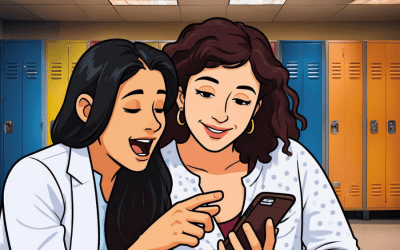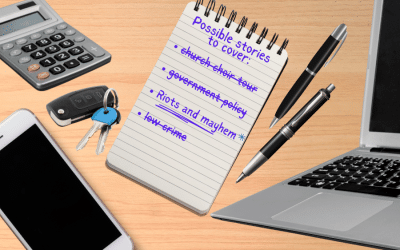
Grow your journalism skills with self-guided tips and tutorials
These training resources were co-created with professional correspondents, young people and media partners around the world.
What is our PRDR method?
Pitch-Report-Draft-Revise is News Decoder’s signature content creation process that helps you create original content for a global audience — our audience.
Form and idea and structure it.
Come up with a 50-100 word summary.
What question does your piece address?
Get out there and speak to experts.
Interview people, visit organisations, do real-life research.
Turn your idea into a story.
Think about the structure, your audience and your output – article, podcast, photography, video.
Work 1-to-1 with an editor.
Address gaps, increase clarity and fine tune your work with the help of a professional!
More resources:
PRDR Publishing Tips: Learn more about News Decoder’s signature content creation process, “Pitch, Report, Draft, Revise” (download pdf)
Top Tips
News Decoder publishes content by experienced journalists, as well as student writers and reporters. Do you have a story idea but don’t know where to start? Follow our weekly tips for guidance on creating a great story — in any medium.
You can write a great essay. But can you tell a great story?
Writing for a teacher or group of academics is one thing. Now imagine the audience is a group of your friends. Would you write it the same way?
Let’s have no locks on learning
We need to fuel the curiosity young people have about the world around them. Let’s unlock the resources they need to be informed citizens of the world.
When the clock ticks
To succeed in journalism, and most other careers, you need to be able to meet deadlines. How hard can that be?
Can you believe it?
We live in an age of misinformation. Here are ways you can make sure you aren’t part of the problem.
Which way do you lean?
Many ethical journalists try to eliminate bias from their stories. But how possible is that and can you end up deceiving yourself and your readers?
Video Tutorials
Hear from media professionals about all aspects of content creation and information literacy, from finding sources, interviewing and fact-checking to producing trustworthy podcasts, video journalism and opinion articles. Created as a part of the Mobile Stories project (ProMS), co-funded by the European Union.
Climate Journalism Shorts
Climate Journalism Shorts is a video series sharing guidance and tips from professional journalists on how to develop compelling climate-focused media. Hosted by News Decoder’s Stefani Aleksandrova and produced as part of The Writing’s on the Wall climate education project.
What Makes a Good Climate Change Story?
Interviewing for a Climate Change Story
Making a Climate Change Podcast
Podcast Bootcamp
Learn the essential steps to make your own podcast alongside international students in this podcast bootcamp led by journalists from Podium.me and News Decoder’s Nicole DiSante.
Lesson 1: Why Make a Podcast?
Click and expand the boxes below to continue watching the podcast series.
Lesson 2: How to Conduct a Great Interview
Lesson 3: How to Record a Podcast – Technical Skills
Lesson 4. Learn Storytelling Techniques
Lesson 5: Writing a Script
Lesson 6: Consent and Deep Listening
Lesson 7: Why Do You Make Podcasts? An Interview
Be Heard
Now that you’ve gathered inspiration, we want to hear your stories!
Youth under 25 years old from any country are invited to submit an original story to News Decoder. Submissions can be in any form (reported articles, personal reflections, interviews, creative writing) and in any format (written stories, podcasts, photo essays, video — or a multimedia combination).
Please note that submitting a story does not guarantee you’ll be published. News Decoder maintains the highest editorial standards. Be sure your story is balanced, authoritative, compelling and relevant for a global audience.
Get started by completing the pitch form below.
News Decoder Pitch Form
These open-access activities are made possible by the generous support of News Decoder donors around the world. To help sustain and expand these free educational resources, please consider making a donation today. Thank you!







